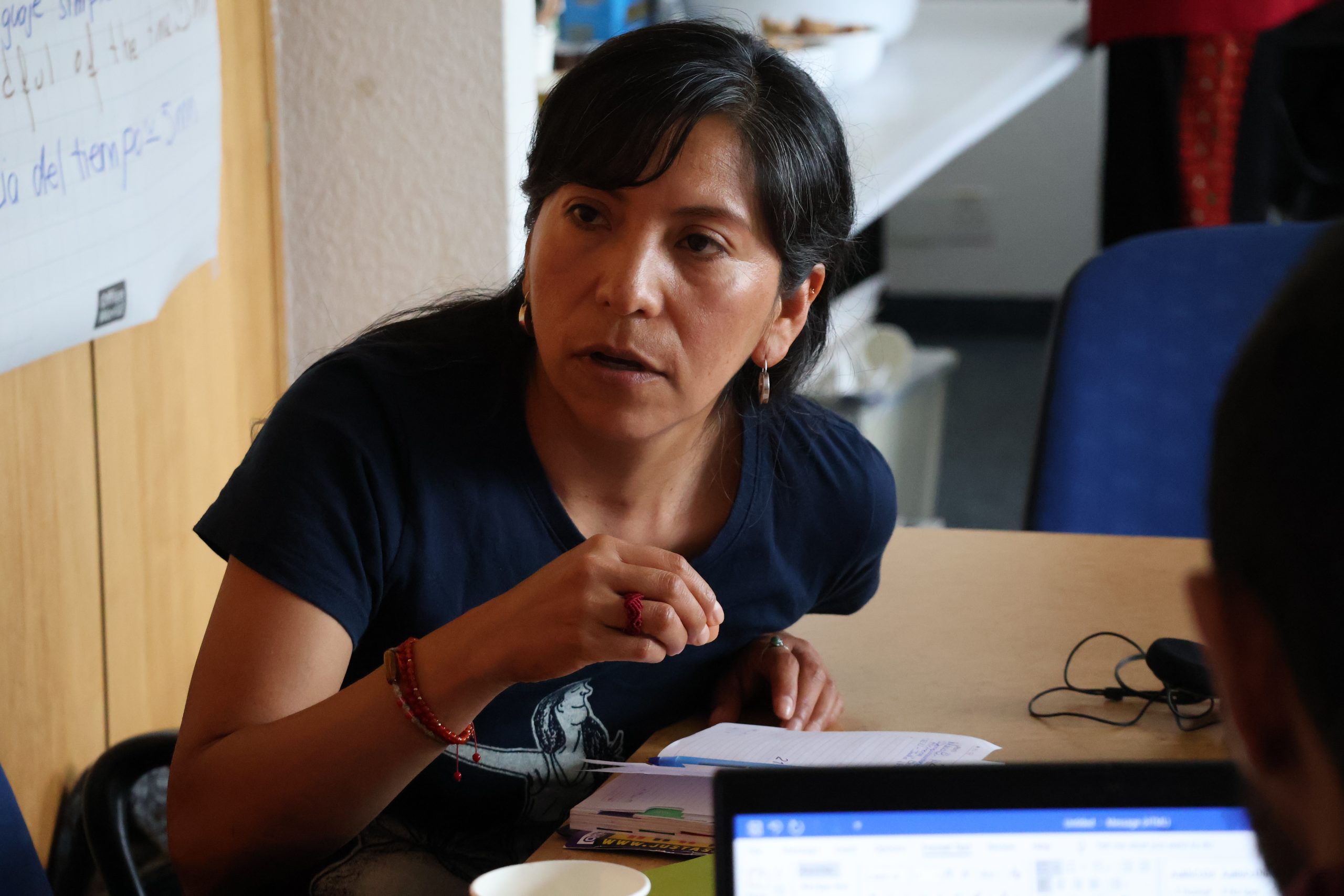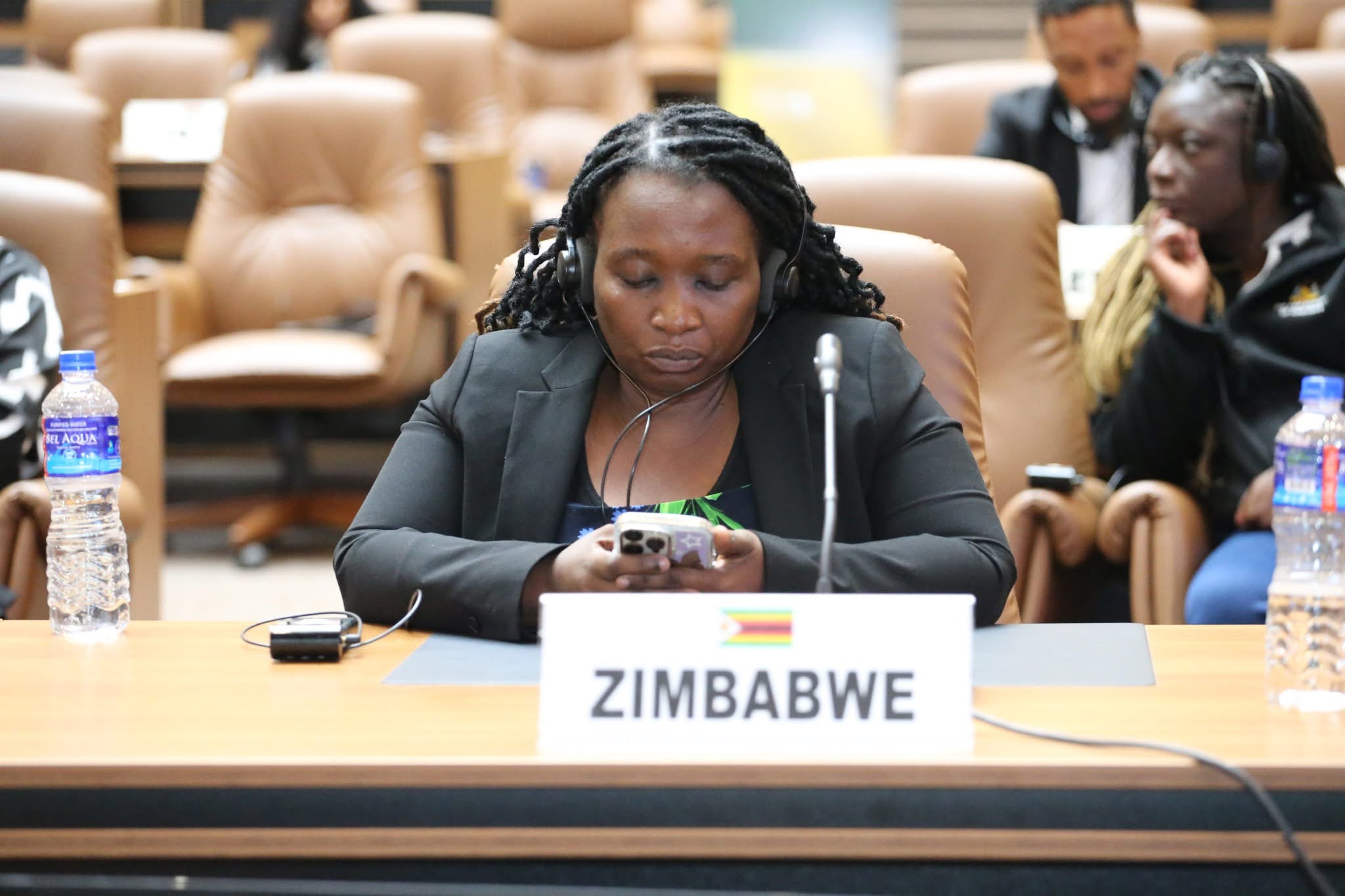On 6 January 2025, Nora*, 50 years old, died on her way to the only operating hospital after 7 months of suffering without access to medical care in her village of Habila in the area of Nuba mountains/ South Kordofan. The cause of her death was unknown, as she was too weak to complete the journey of 3 days from her village to the only accessible hospital in the area. Her death is one of many deaths of women and children in Habila locality, which has been living under siege for 18 months without access to humanitarian assistance. ‘In November, just one village reported at least 4 deaths of mothers, 2 of them suffered from high blood pressure and couldn’t access the medication for months. The other two died of birth complications. At least 4 children died the same month from malnutrition,’ said volunteers in the area.
On 7 January, the Integrated food security phases classification known as IPC identified the area of Habila as one of the five areas suffering conditions of famine. The area of Habila, near Dillinj city, is impacted by the closure of roads between Kadugli and Dillinj. Belligerents are responsible of cutting the roads in the area, obstructing access to aid and right to movement for hundreds of thousands of civilians. This situation has disconnected the people of this area from the outside world for the last 18 months. Local medical clinics were forced to shut down or work with minimum capacity due to lack of medical supplies and health professionals. Civilians in these areas are forced to walk for days to reach the nearest health care services. The high cost of fuel and transportation, risks of looting and fears from inhumane treatment at checkpoints prevented people from leaving.
Despite the recent decision from Sudanese government in PortSduan to allow access to humanitarian aid using Kadugli airport, the areas between Kadugli and Dillinj, including Dillinj city were denied access to any support. Thousands of hundreds of women and children are facing hunger and dying of treatable diseases like high blood pressure and fevers as a result of systemic obstruction of access to aid for 18 months.
Recent reports by Human Rights Watch documented the mass atrocities against civilians in this region, including the use of sexual violence as a weapon. The report described the crimes of CRSV in the region as a crime against humanity. Rapid Support Forces attacked 13 villages in Habila area between November 2023 and March 2024. ‘The population of Habila and surrounding area is around 197,000. We received over 60,000 internally displaced persons from other villages impacted by the RSF attacks’, said a local activist.
Due to the imposed siege on this area and closure of roads, thousands of students lost their opportunity to access high school exams last month, while others left schools due to hunger and widespread diseases. On 27 December 2024, hundreds of students protested in Dillinj city demanding access to final high schools’ exams, joining their peers in other areas in South Kordofan. The students’ march arrived at the 54th military base of Dillinj, when security forces and police brutally dispersed students, injuring dozens of female and male protesters. The government in PortSudan organised high school examination in some states, excluding many areas in the country. While other cities in South Kordofan, such as Kadugli facilitated access to exams, the imposed siege banned Dillinj city students.
The warring parties must end the closure of roads between Kadugli and Dillinj and ensure people’s access to movement and humanitarian aid. Due to this systemic obstruction of aid and movement of supplies, the lives of hundreds of thousands of people are at risk. The Sudanese government in PortSudan must expand its decision to open routes for humanitarian aid to the areas of Dillinj to Kadugli, that includes access to educational services and healthcare.
The international community must uphold their commitments towards, and responsibility to protect, civilians by taking urgent measures to ensure access for necessary and life saving humanitarian aid. The situation in this region is deteriorating further on a daily basis, which will lead to another catastrophic crisis in the Southern parts of Sudan and expand the war to new areas. Urgent actions are needed to save lives and protect civilians.
We the undersigned organisations and groups call on:
The fighting parties to ensure:
- Immediate cessation of hostilities by all fighting parties, the prompt creation of safe corridors and locations for the operations of humanitarian aid organisations and groups, and to open routes to allow aid to reach civilians and ensure protection of humanitarian workers.
- Immediate cessation of attacks on health facilities, medical supplies and health workers, and uphold their obligations under IHL. In addition, the Sudanese government must fulfil its commitments regarding the right to health
- Access to telecommunications.
All relevant UN human rights mechanisms, in particular OHCHR, UN Special Procedures, and the FFM on Sudan to:
- Collaborate with local civil society groups to collect evidence.
- Investigate and report on the violations committed including: violations against civilians in Nuba mountains including enforce disappearances, extra-judicial killings, torture and use of sexual violence as a weapon of war including against children, humanitarian crisis including famine, attacks against medical workers, health facilities and lack of access to essential health services as well as the destruction of entire villages, and the internal displacement of thousands, attacks against civil society actors including human rights defenders, and internet shutdowns.
States and the international community to:
- Support the ICC investigations, and expansion of its jurisdiction to all conflict regions in Sudan following the war of April 2023, emphasising the need for justice and accountability for the millions of Sudanese awaiting justice.
- Exert pressure on the fighting parties, including through statements at the UN Human Rights Council, urging them to cease hostilities, protect civilians and humanitarian workers,implement the IHL, as well as ensuring the restoration of telecommunications and open safe channels for humanitarian aid to reach civilians.
- Create an immediate long-term protection program for women human rights defenders (and their families) that provides relocation services (in several locations if needed), psychological support that addresses PTSD in war and conflict, including from gender-based violence crimes, in addition to all necessary means that ensure the continuation of women human rights defenders’ work and defense of rights
- Provide support for the Fact-Finding Mission on Sudan and other international mechanisms mandated to document human rights violations in Sudan, including by ensuring that these entities have the necessary resources to carry out their work effectively.
Signatories:
- Sudan Peace and Security Monitor
- Sudanese Women’s Rights Action
- International Service for Human Rights
*A pseudo name to protect her family.




